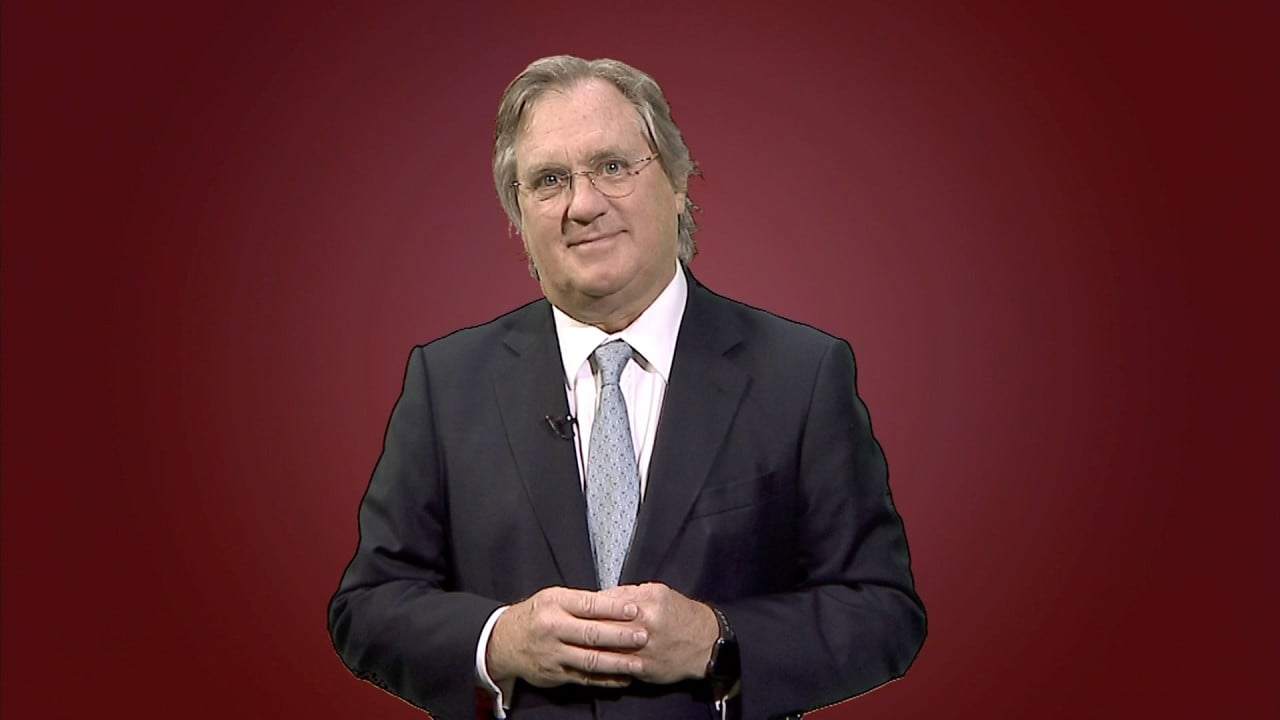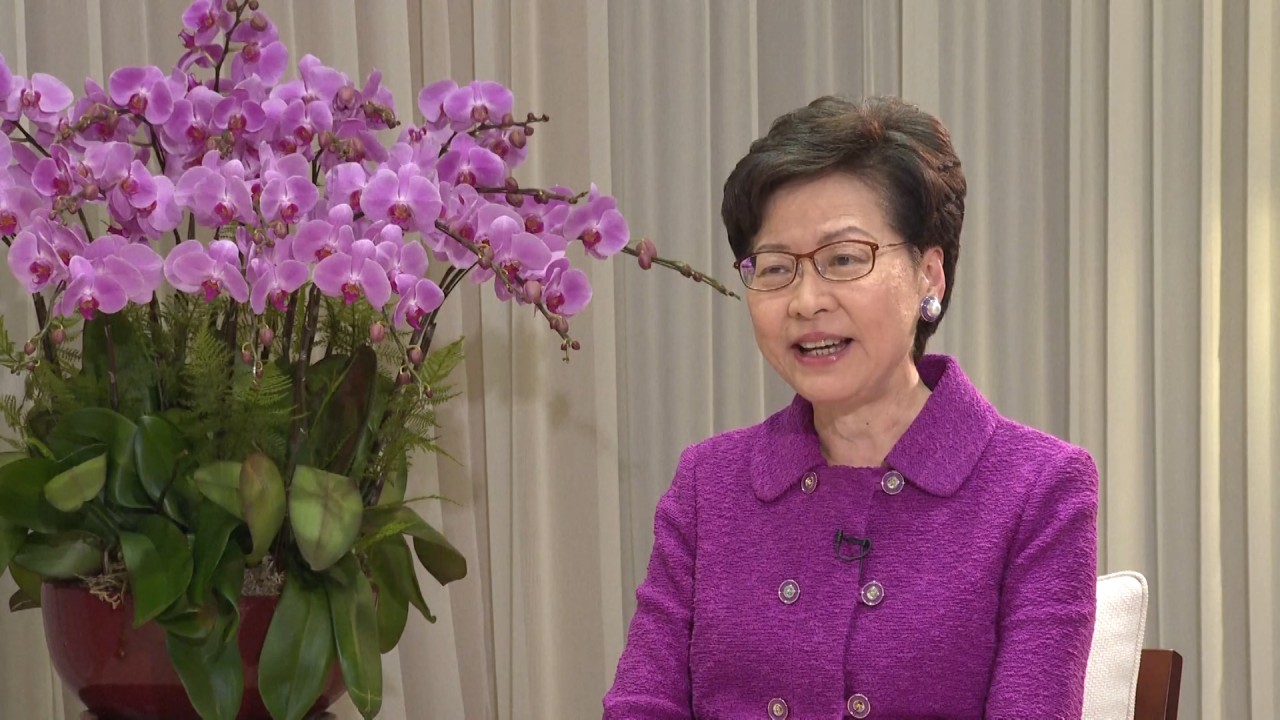
Hong Kong needs a mainland-appointed provincial leader, to boost integration and revive the flagging economy
- Hong Kong requires a voice in a China that is becoming more economically integrated, and that cannot be provided by a local chief executive
- Such leadership would integrate Hong Kong’s rather separate economy more closely into China, supporting local people as they build careers on the mainland
Hong Kong is rapidly becoming a “red city”, much more like mainland China, and the historical barriers between us, which once were complete, then fractured, are now well and truly breached. The city had a good 20 years of autonomy; now, mainland processes and philosophy will be incorporated into most aspects of daily life.
That does not mean Hong Kong will become fungible with the mainland. That would be damaging for China’s economy as well as its global standing. China would lose a highly valuable commercial window on the world, which it needs to become less confined to its own sphere of influence.
The most likely scenario is that Hong Kong will remain an international enclave with its own commercial law, currency and communication freedoms. Change these, and global confidence in Hong Kong as an international financial centre will be fatally impaired and business might as well move to Shanghai or Beijing.
China needs a calm and prosperous Hong Kong. Unfortunately, years of mismanagement, stubbornness and complacency in the higher echelons of the local government have forced Beijing’s hand. You can imagine senior officials pulling their hair out, saying: “We gave Hong Kong the leadership they wanted – and look what happened!”
Will the chief executive become no more than a mayor?
The current chief executive’s term expires on June 30, 2022. At the last chief executive election, held in 2017, potential candidates had emerged by October – that’s just over six months away.
The chattering classes are already discussing various candidates, almost all of whom are stale retreads from various administrations. Such grandees are normally in it for the aggrandisement, the nice house, nice car, the security detail, the motorcade and contributions to their retirement fund.
They are already being shunned by Beijing in discussions about the future. A politician is rarely a prophet in their homeland – take Margaret Thatcher for example – and none is likely to magically develop the leadership qualities to inspire the people of Hong Kong or promote the city’s position within the mainland’s economic firmament.
The old governors were appointed, paid and gained their authority from London, arriving with a tiny entourage. They battled for the stability, growth and prosperity of their colony knowing that success – including the welfare of the people – would benefit their career.
Such leadership would integrate Hong Kong’s rather separate economy more closely into China, supporting local people as they build careers on the mainland. Investors, entrepreneurs and the rest of us in business have to face the realities of the situation today by making decisions as if we were already fully integrated into the mainland.
The advantages and disadvantages of the past are a sunk cost. We have to make a bet on what is most likely to happen and deeper integration with the mainland is the most certain forecast we have had for a while.
Richard Harris is chief executive of Port Shelter Investment and is a veteran investment manager, banker, writer and broadcaster, and financial expert witness



